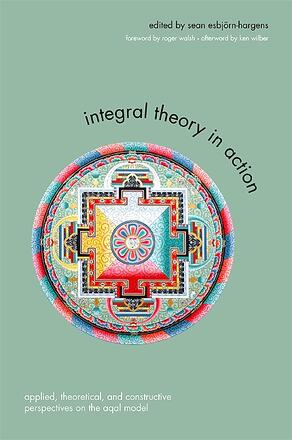
Integral Theory in Action
Applied, Theoretical, and Constructive Perspectives on the AQAL Model
Alternative formats available from:
Leading scholar-practitioners discuss the strengths, limits, and potential of Integral Theory and the AQAL model.
Description
In a world as complex as ours, an integral approach is needed to help sort through a dynamic landscape and respond effectively to individual and collective challenges. Integral Theory in Action provides the first multi-authored overview of such an approach. Integral Theory is the result of 30 years of research and is being applied in over 35 distinct disciplines. This volume brings together two dozen leading scholar-practitioners who are actively applying integral principles and who address a range of issues from an integral perspective including: climate change, embodiment, feminist aesthetics, community discourse, treatment of depression, developmental theory, and global ethics. The strengths, limitations, and potential of Integral Theory and Ken Wilber's AQAL model are weighed by each contributor. This collection pushes the field of Integral Theory in new ways and new directions, and provides a comprehensive overview that makes it an invaluable resource for any integral effort.
Matthew Solomon is Associate Professor of Cinema Studies at the College of Staten Island, City University of New York. He is the author of Disappearing Tricks: Silent Films, Houdini, and the New Magic of the Twentieth Century.